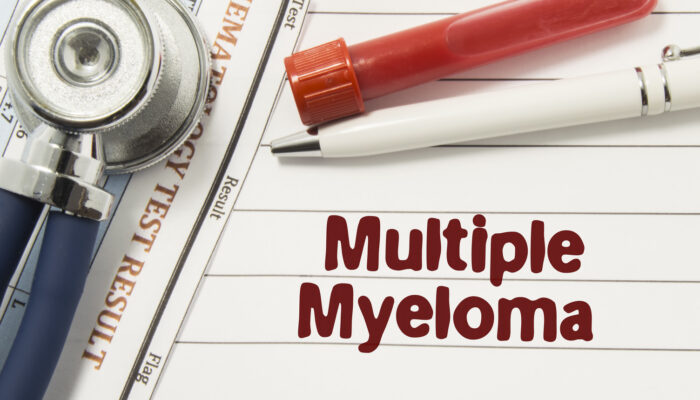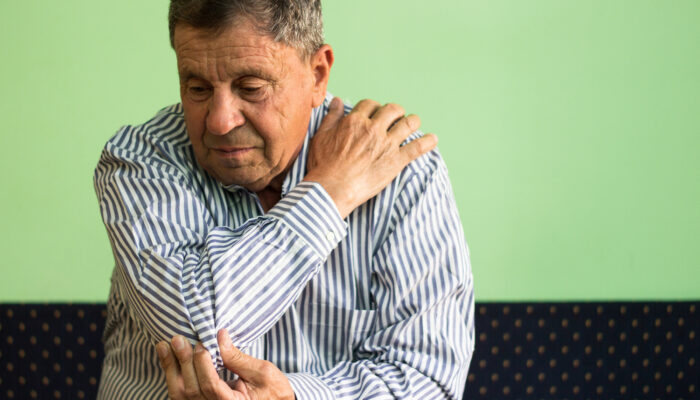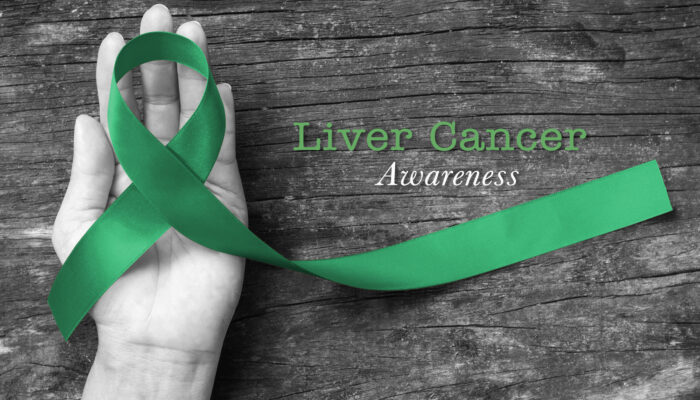
Risk Factors that Contribute to Breast Cancer
Breast cancer is a disease that can come in many different forms. It often will be noticed when a lump appears on the breast. This type of cancer may begin in other areas of the body. it is made up of three parts; ducts, lobules and connective tissue. Some people do have a long family history of this type of cancer and there are other contributing factors included in this disease. Often a mammogram is given to a patient to diagnose it.
There are a variety of treatments used to treat it. Some common treatments include chemotherapy, surgery, medications or radiation, which will depend on the stage of the cancer. There are several risk factors involved in breast cancer. The first item to know is that just being a woman is considered to be a risk factor. The other common risk factors include the following;
1. Family history
Having a family history of breast cancer, especially women with a first-degree relative, such as a mother, sister, or daughter who has had breast cancer can double the risk. Women with a history of cancer in one breast is three to four times as likely to develop a new and different breast cancer, unrelated to the first one. Having a male blood relative with breast cancer will also increase a woman’s risk.
2. Breast cancer in remission
Having already had breast cancer puts women at a higher risk of developing it a second time. Even certain non-cancerous breast diseases like lobular carcinoma and atypical hyperplasia have been connected to a higher risk of breast cancer.
3. Age
The risk of developing breast cancer increases with age and most breast cancers are diagnosed after the age of 50. About 10 to 15% of breast cancers are diagnosed in women younger than 45.
4. Genetics
There are some genetic mutations that can increase the risk of breast cancer. Mutations found in the BRCA1 and BRCA2 genes are the most common of the inherited causes. Genetic testing can reveal potential genetic issues.
5. Weight and physical activity
Being overweight, especially carrying excess weight around the waistline, increases the risk of developing breast cancer. Women who are overweight and have gone through menopause are at an even greater risk. Not only that, but living a sedentary lifestyle can increase the risk as well.
6. Period and reproductive history
Early menstrual periods that begin before age 12 and starting menopause after 55 will expose women to hormones for longer which increases the risk of developing breast cancer. Giving birth after the age of 30, not breastfeeding, and never having a full-term pregnancy will also raise the risk of getting breast cancer.
7. Diet
Research has shown that the risk of breast cancer increases the more alcohol a woman drinks. A poor diet will also increase the risk of being diagnosed with breast cancer.
8. Toxin and chemical exposure
Studies have suggested that exposure to chemicals in the environment, especially as a small child, is linked to a greater risk of breast cancer. Chemicals, such as DDT, dioxins, gasoline, air pollution, and organic solvents, have been associated with an increased risk as well.
9. Hormones
Certain forms of hormone replacement therapy that includes the use of estrogen or progesterone taken during menopause increases the risk of breast cancer. Even oral contraceptives have been found to raise the risk.



